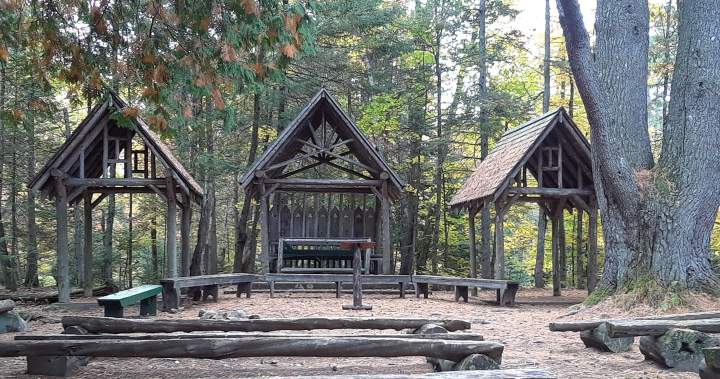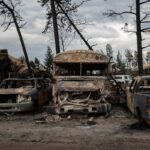The century-old Camp Tamaracouta nestled in Quebec’s Laurentians will soon change hands, leaving generations of former Scouts with only memories of summer adventures along its shoreline.
Scouts Canada confirmed last week they’re selling the historic property—Canada’s oldest continuously operated Scout camp—citing financial challenges that have been mounting for years. The 1,000-acre site near Mille-Isles, about an hour northwest of Montreal, has welcomed young adventurers since 1912.
“The decision wasn’t made lightly,” said Andrew Price, Executive Commissioner and CEO of Scouts Canada. “Unfortunately, maintaining these large properties has become unsustainable given declining membership and changing program needs.”
For thousands of Quebec Scouts past and present, the news landed like a thunderclap. The property has seen more than 300,000 young people pass through its gates over 112 years, learning outdoor skills while developing leadership abilities around evening campfires.
Jean Pelletier, who first visited Tamaracouta as a 12-year-old in 1987, struggled to contain his disappointment. “My son was supposed to attend his first overnight camp there this summer. Three generations of my family have ties to that place,” he told me during a community meeting in Saint-Sauveur last weekend.
The announcement follows a pattern of property divestments by Scouts Canada, which has sold nine properties nationwide since 2018, according to organization records. Youth membership has declined approximately 30% over the past decade, based on annual reports published on their website.
Local conservation groups and municipal officials have expressed interest in preserving the land from potential development. Mille-Isles Mayor Howard Sauvé confirmed preliminary discussions about acquisition options but cautioned that funding remains uncertain.
“This property represents irreplaceable natural heritage,” said Marie Legault from Les Amis de Tamaracouta, a newly formed community group. “The lake, forests, and wetlands have environmental significance beyond the camp’s cultural importance.”
The sale coincides with broader shifts in youth programming, as traditional outdoor organizations face competition from digital activities and specialized summer camps. According to Statistics Canada‘s 2022 Youth Activities Survey, participation in traditional outdoor clubs has decreased approximately 18% since 2010.
Camp Tamaracouta’s significance extends beyond Quebec. In 1946, it hosted the first Canadian Jamboree, bringing together Scouts from across the country in a display of post-war unity. The dining hall, built in 1938, still features carved initials of Scouts dating back generations.
Historian Claude Arsenault, who documented the camp’s importance in his book “Scouting Heritage in Quebec,” worries what will be lost. “These places carry our collective memories. Once they’re gone, we lose touchstones that connect generations.”
Several alumni have organized a farewell gathering scheduled for May, hoping to walk the familiar trails one last time before ownership changes hands. The event page has already attracted over 2,000 responses from former campers planning to attend.
Scouts Canada says proceeds from the sale will support programming needs elsewhere in the organization, though specific plans remain vague. A spokesperson indicated operations will continue through summer 2024, giving current members one final season at the historic site.
Meanwhile, local Scout troops are scrambling to secure alternative camping locations for future summers. “We’re looking at options in the Eastern Townships, but nothing matches Tamaracouta’s facilities or history,” said Michelle Tremblay, who leads a troop in Laval.
The property features extensive waterfront access, hiking trails, cabins, and activity areas developed over more than a century. Real estate analysts suggest the land could fetch upwards of $10 million given its size and location, though environmental protections may limit development potential.
For many in Quebec’s Scouting community, the financial calculations fail to capture what’s truly being lost. “My grandfather helped build that boathouse in 1952,” said Robert Sinclair, pointing to a black-and-white photo during our interview. “How do you put a price on that?”
As Canada’s outdoor education landscape continues evolving, Tamaracouta’s pending sale represents more than just another real estate transaction. It marks the end of a chapter in Quebec’s youth development history—one written around campfires that will soon go dark after more than a century of illuminating young lives.






